Peek-a-boo! It’s been a long time between newsletters and many apologies if you’ve missed us. As per usual there’s a lot going on behind the scenes. The UCF team headed back for the annual Saving Philippines Reefs expedition, our UNICOAST project is complete and a bunch of talented ‘blueys’ (ocean lovers) have been addressing the issue of ocean literacy here in Australia.
Dive in below to find out more.
————————————————————
Project Updates
UNICOAST – Uniting for Sustainable Coasts
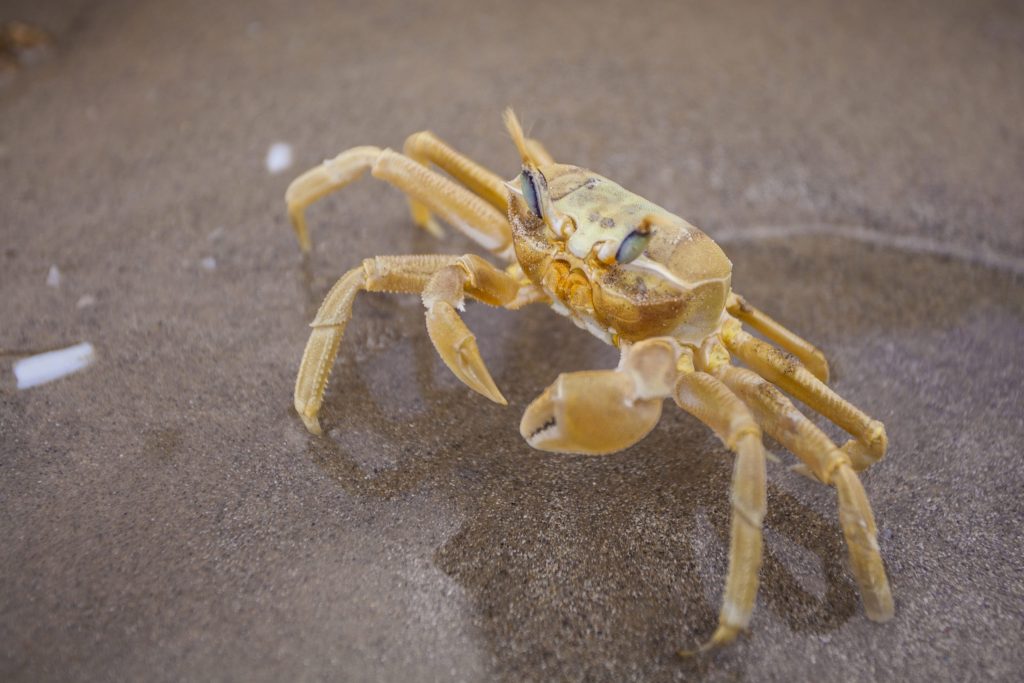
In light of threats from unsustainable development, overfishing and climate change in the Philippines, UCF funded the Coastal Conservation and Education Foundation’s UNICOAST project. The aim of the project was to unite Cebu coasts through coastal resource adaptive participatory approaches for full marine ecosystem representation and wise management of coastal and marine environments in southeast and southwest Cebu. After two years of hard work by the team the project has been successfully completed. The results? 19 project activities, over 540 direct beneficiaries and 12 project partners across 10 project sites.
Click here for more information and the full report.
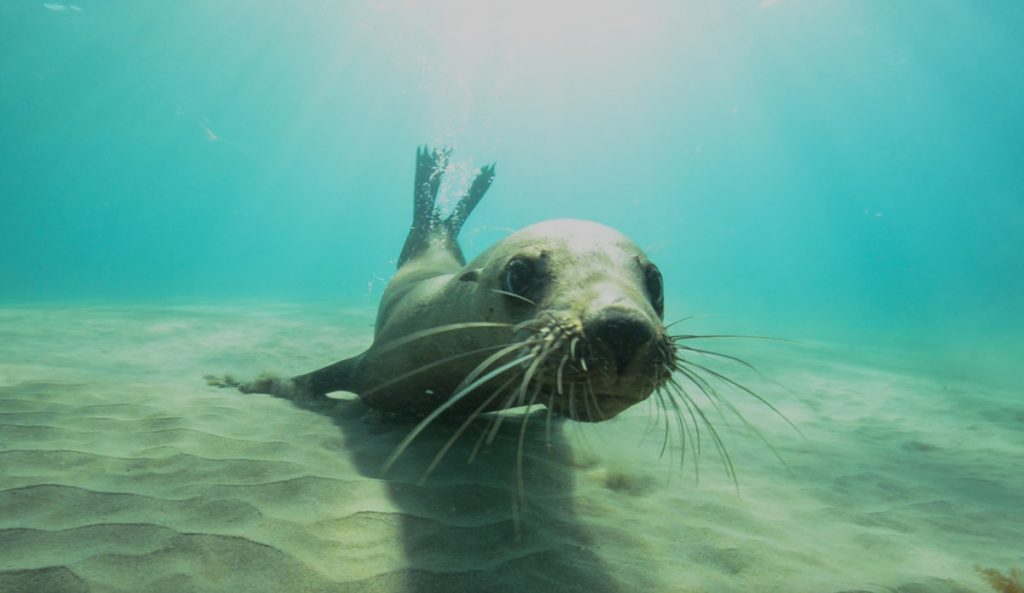
Ocean Literacy Review
There is a desperate need to provide centralised Australian marine science resources for all age groups with current materials being unsystematic and outdated. This is magnified in the cooler temperate southern shores of Australia where these resources are basically non-existent and teachers are forced into using content developed for the more well-funded tropical reefs. To fill this need, OceansIQ together with the UCF undertook an ocean literacy benchmarking project. The results? A compelling report that highlights the demand for a contemporary ocean literacy resource platform and recommendations and framework for the development of a model that can be rolled out nationally.
Click here for more information and the full report.
Blue News
2023 SPR Expedition
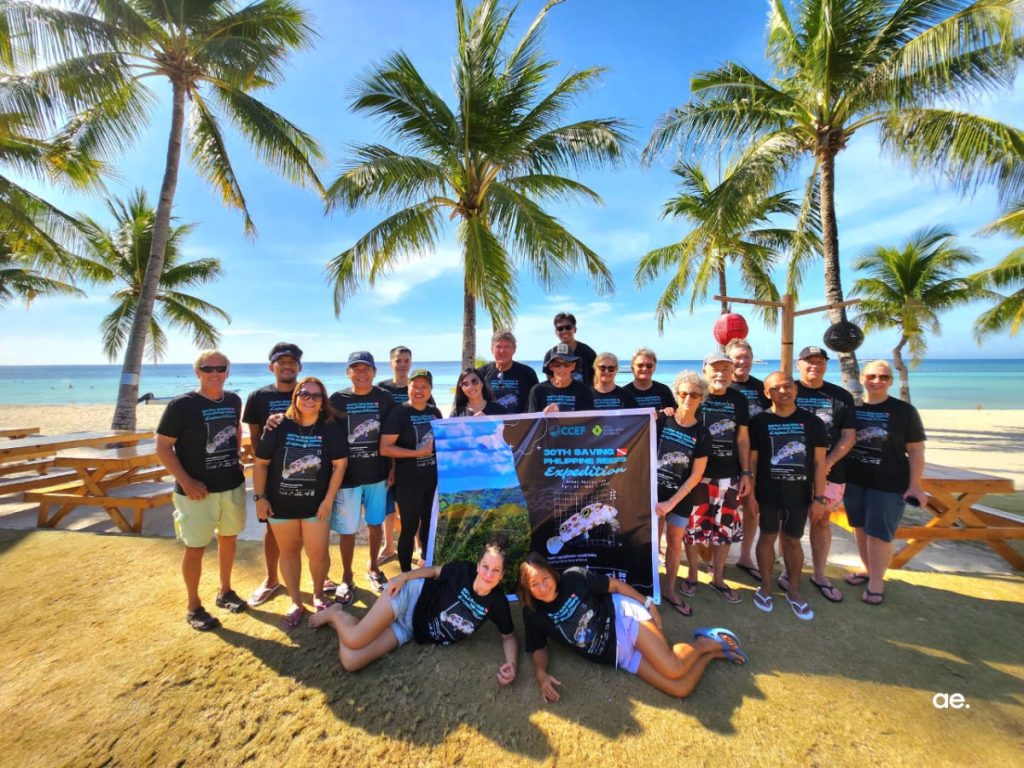
Our board and UCF supporters have recently returned from the CCEF annual Saving Philippines Reefs expedition to Province of Bohol. Held from April 30 – May 7, 2023 the SPR expedition collected data to determine the status of coral reef health in comparison to1985, 1999, 2003 and 2007 and the impacts of major storm events and the Covid shutdown of tourism. Report and video coming soon. If you want to find out more about the SPR expeditions click here.
Inspiring win for CCEF
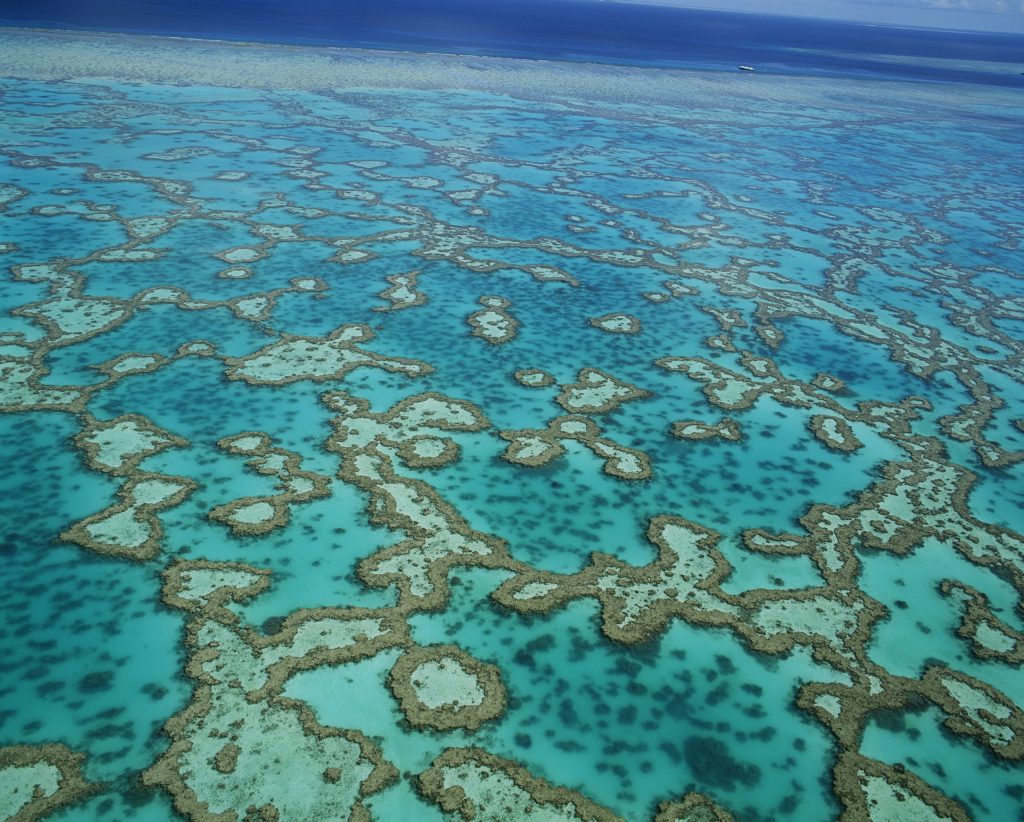
A big congratulations to our fintabulous partners the Coastal Conservation Foundation who have just been awarded the USAID Inspire Grant from the Gerry Roxas Foundation. The grant is for ‘Enhancing governance structures and stakeholder capacities to protect Danajon Double Barrier Reef’ and will be presented at an official awards ceremony this month in the Philippines.
Philippines plastic producers have to start paying up
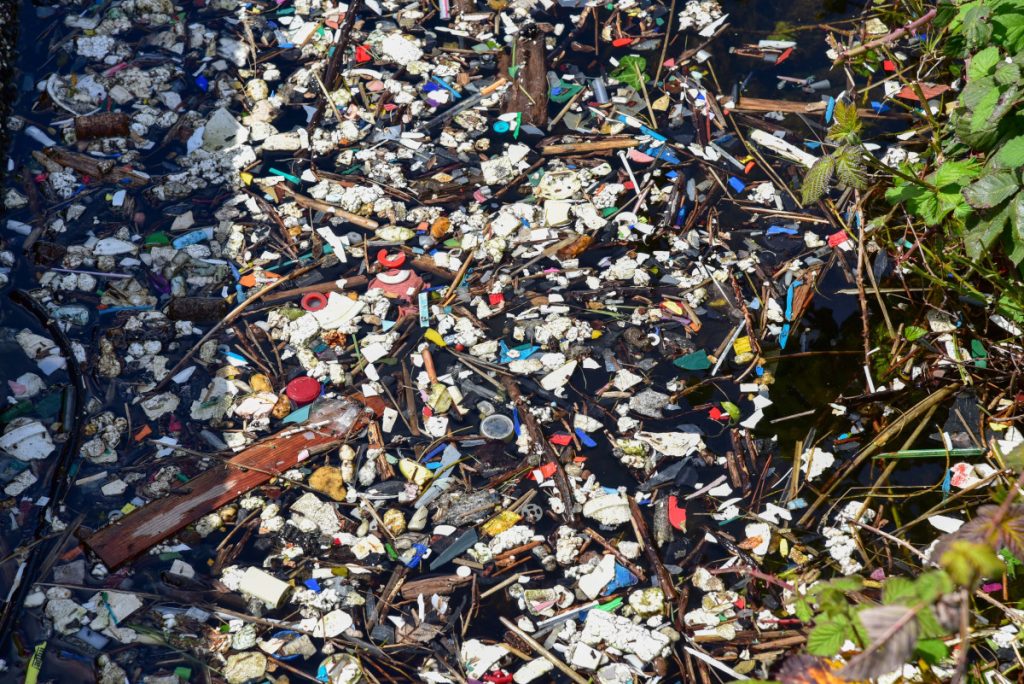
Philippines passes a national law that combats plastic pollution. Titled the “Extended Producer Responsibility” (EPR) law, the legislation requires mandatory EPR for businesses with assets worth over ₱100 million. It is a polluter pays principle obligating plastic packaging producers to assume full responsibility for the entire life cycle of their products, including waste management. This means that those who bring plastic packaging into the Philippine market must pay for the cost of waste prevention, clean up, and recovery measures.
Whales weigh less due to global warming
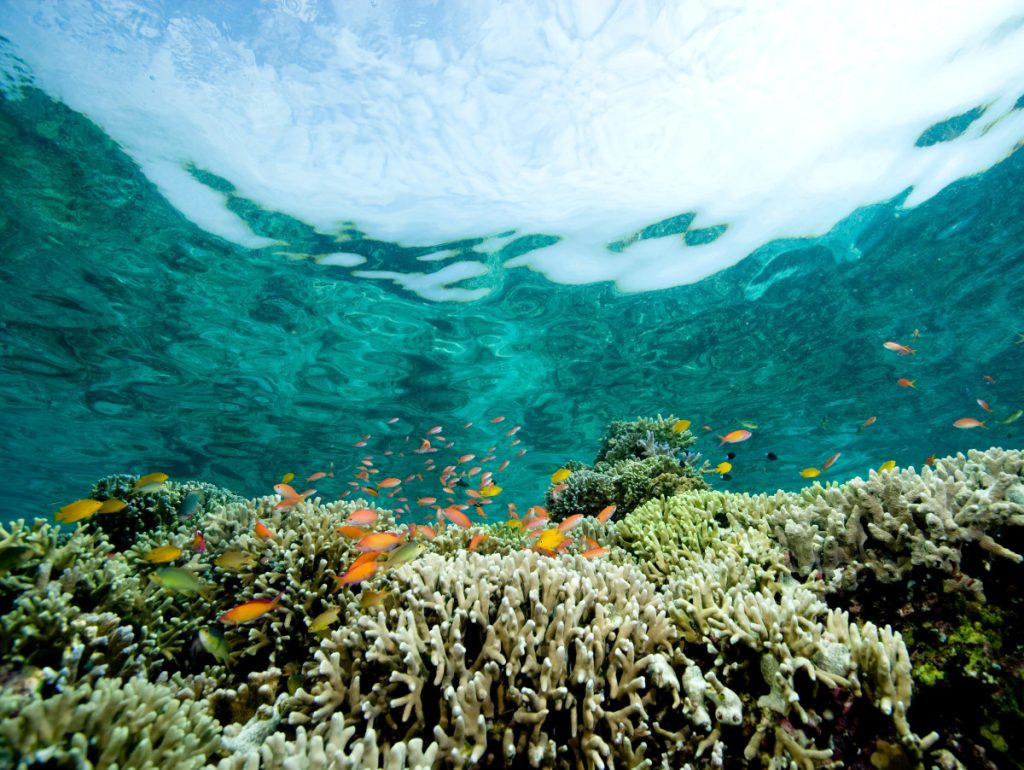
In the autumn, when right whales swim towards the coasts of South Africa, they ought to be fat and stuffed full. But in recent years, they have become thinner because their food is disappearing with the melting sea ice. Right whales are 25 per cent thinner than they were in the 1980s as they large shoals of energy-rich krill are shrinking with rising sea temperatures which is threatening the population.
Creature Feature
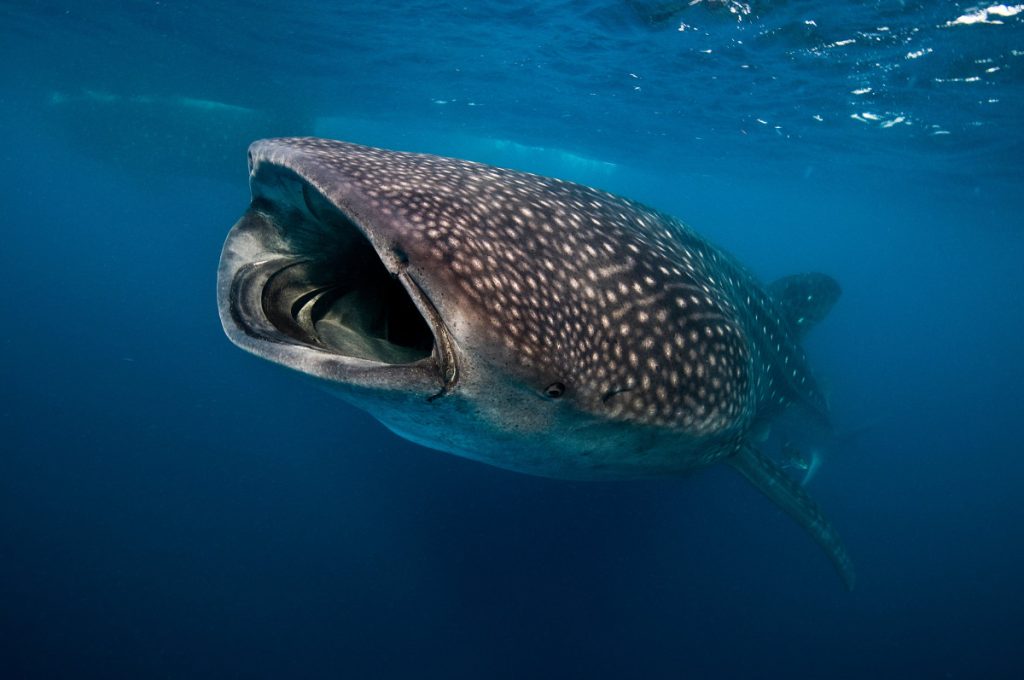
Whale Sharks – Monster Mouths
On a side trip after the 2023 SPR expedition, board member Sheree Marris had the unique experience of coming face to face with whale sharks in Oslob, Philippines. Here’s what she found out about these gentle giants of the sea.
The whale shark’s claim to fame is that it is the largest fish in the ocean. Which can seem confusing. Is it a whale, a shark or a fish? It’s actually a shark, which is a type of fish. One of the features that make sharks unique from other fish is that they have a skeleton made from cartilage (the same material that is found in our ears and nose) and not bones. The ‘whale’ part of their name comes from the fact that these sharks are BIG! We’re talking about the size of a bus that can weigh over 30 tonnes (27,000 KG)!
They also have massive mouths measuring up to 1.5m wide! Inside are are thousands of teeth. But these teeth are tiny and not used for capturing and eating prey. Instead, they swim along with their mouths open like a vacuum, sucking in water. Gills on the side of their heads filter out tiny bits of food. In one hour they can filter over 6000 litres of water.
Here some other whaley cool facts you might want to whip out at your next dinner party:
- Whale Sharks spot and stripe patterns are unique to each individual, like our fingerprints. Researchers use the same technology that NASA uses to map the stars to help map and identify these patterns.
- Females have over 300 shark pups! That’s the highest litter of all sharks.
- They can live up to 150 years.
- It’s one of the deepest diving fish, swimming down to 1900 m.










